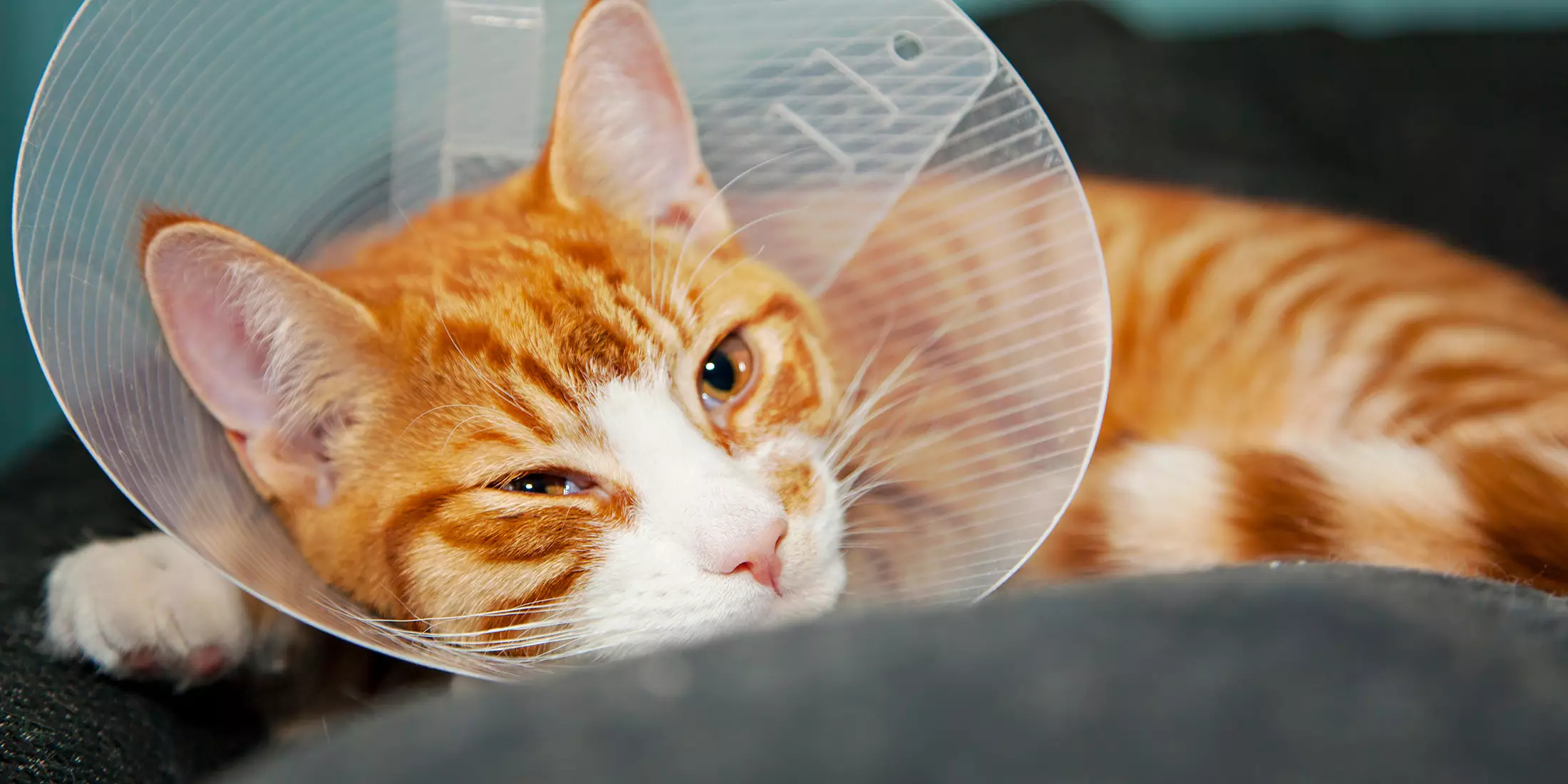Lymphoma in Cats
Contents of Article
Lymphoma is a type of malignant cancer that affects the lymphocyte cells that are integral to the body’s immunity. Such type of cancer of the lymphatic system compromises with the body’s defenses, exposing it to an array of diseases and infections. Feline lymphoma is the most frequently diagnosed type of feline cancer.
Feline Lymphoma
The feline lymphatic system is a complex network of components that transports life-sustaining fluid in the body while preventing the transfer of infectious agents. A network of lymphatic vessels connects with lymph nodes in the groin, neck and behind the knees to circulate the fluid.
Lymphoma can spread to the entire lymphatic system and affect all lymph nodes and lymphoid cells. It can be of three types.
- Mediastinal lymphoma that affects the chest cavity.
- Multicentric lymphoma that affects the lymph nodes.
- Alimentary lymphoma is a disease of the gastrointestinal tract.
The lymph fluid is responsible for delivering oxygen and nutrients to different cells in the cat’s body while collecting metabolic waste, absorbing fat from the intestinal tract, and removing tissue debris and other infectious agents.
Changes in the DNA of white blood cells or lymphocytes may result in a multiplication of these cells. When this happens, lymphocytes turn into a loosely organized tumor that does not remember its key function of safeguarding the body from infection.
One of the most common causes of feline cancer, lymphoma in cats largely affects the kitty’s digestive system because cancer causes it to constantly exposed to any array of compounds and organisms.
About 90% of feline blood cancer cases are due to lymphoma, which accounts for 33 percent of all feline tumors. Additionally, lymphoma is also responsible for hypercalcemia in cats.
Symptoms of Lymphoma in Cats
Symptoms primarily depend on the type of organs affected by the tumor. It may affect the spleen, liver, and lymph nodes. Cancer can also affect nose, skin, throat, central nervous system, stomach, eyes, kidneys, intestines, and spine.
- Breathing difficulty
- Sudden unexpected weight loss
- Cough
- Lethargy
- Loss of appetite
- Skin irritation, red, flaky skin
- Depression, lethargy
- Excessive thirst, dehydration
- Chronic diarrhea
- Muscle loss
- Abnormalities with weight
If you spot any of these signs in your furry friend, immediately report it to the vet and get your kitty diagnosed with cancer. Timely intervention is critical to saving the cat’s life.
Diagnosis of Lymphoma in Cats
The vet may need to do a physical and microscopic examination of cells taken from the affected tissues. He may even need a biopsy done on the affected part. This will help confirm the diagnosis. Additionally, it will assist in determining whether the cancer is aggressive. A detailed diagnosis is crucial for proper treatment and prognosis.
The vet may recommend a urinalysis, serum chemistry, complete blood count, radiographs, or ultrasound to assess the state of the kitty’s health. This will give an accurate idea about which organs may be involved.
The doctor may also ask for feline immunodeficiency virus or feline leukemia virus testing to determine if the kitty is positive to one or both of the diseases.
Additionally, a PCR (polymerase chain reaction) for Antigen Receptor Rearrangement test may help distinguish lymphoma from other diseases.
Treatment for Feline Lymphoma: How To Manage Cat Cancer Symptoms
Since lymphoma is not curable and tends to progress quickly, the expected survival time of a cat is 4-6 weeks if left untreated. However, with a multi-agent chemotherapy protocol, you can help your furry friend to live longer for at least 6 months. Not only this, treatment can help improve her quality of life and reduce the clinical signs of the disease.
The multi-agent protocol includes 4 drugs, including doxorubicin, vincristine, prednisone, and cyclophosphamide to interrupt the growth of cancerous cells. With chemotherapy, 60% of felines may have an average survival time of 6 months, without any symptoms of the disease. However, chemotherapy drugs may also affect healthy cells in the gut and digestive tract, causing mild, temporary loss of appetite, fever, vomiting, diarrhea, and loose stools.
Most cats reach a complete remission following the multi-agent protocol and generally survive a pain-free life for about 6 months or longer.
However, less intensive treatment options are not as effective as the multi-agent protocol and have a shorter survival rate.
Some owners do not want to see their furry friends undergoing chemotherapy to treat lymphoma in cats. As a result, they go for steroid treatment to manage the disease symptoms, helping your kitty feel better for a short period of time. Such cats may survive for 1-3 months following treatment.







